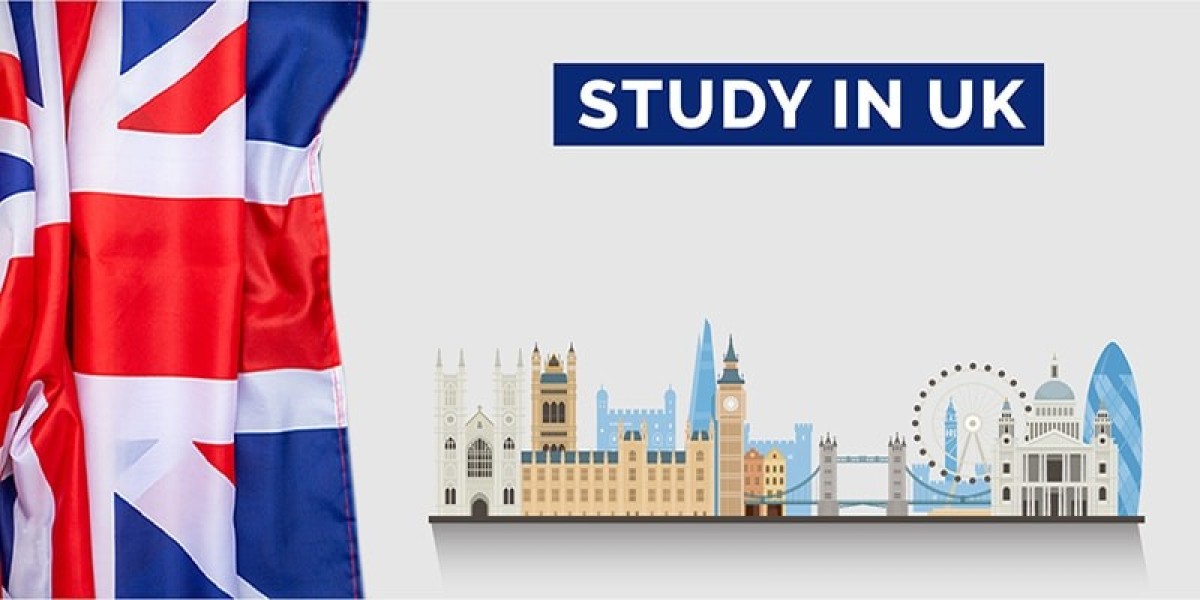The opportunity to study in the UK offers Indian students a chance to immerse themselves in a diverse cultural milieu while gaining a world-class education. This article delves into the myriad of advantages, requirements, and opportunities that await Indian students aspiring to study in the UK.
Why Choose the UK for Higher Education?
Renowned Universities and Courses
The UK is home to some of the world's most prestigious universities, such as Oxford, Cambridge, and Imperial College London. These institutions offer a wide array of courses, ranging from engineering and medicine to arts and humanities. The rigorous academic standards and innovative teaching methods provide students with a robust foundation for their future careers.
Cultural Diversity and Student Life
Studying in the UK exposes students to a rich tapestry of cultures and traditions. Universities host students from every corner of the world, fostering an environment of inclusivity and mutual respect. Indian students can engage in various cultural festivals, join student societies, and build a global network of friends and professionals.
Application Process for Indian Students
Eligibility and Requirements
To apply to UK universities, Indian students must meet certain academic and language proficiency standards. Typically, students need:
- Completed Secondary Education: A minimum of 70-80% in high school (varies by course and university).
- English Proficiency: IELTS or TOEFL scores are commonly required, with a minimum IELTS score of 6.5 overall.
- Standardized Tests: For some courses, exams like SAT, GMAT, or GRE may be necessary.
Application Procedure
- Research and Shortlist: Identify courses and universities that align with your career goals and interests.
- Prepare Documents: Gather academic transcripts, recommendation letters, a statement of purpose, and proof of English proficiency.
- Apply Through UCAS: Most undergraduate applications are processed through the UCAS (Universities and Colleges Admissions Service) system.
- Attend Interviews: Some courses may require an interview as part of the selection process.
- Receive Offer Letters: Upon acceptance, students will receive conditional or unconditional offer letters.
- Apply for a Visa: Secure a Tier 4 (General) student visa by providing proof of admission, financial stability, and other necessary documents.
Financial Aspects of Studying in the UK
Tuition Fees
Tuition fees vary significantly based on the course and institution. On average, fees for international students range from:
- Undergraduate Courses: £10,000 to £38,000 per year.
- Postgraduate Courses: £11,000 to £32,000 per year.
Scholarships and Financial Aid
Numerous scholarships are available to Indian students to alleviate the financial burden:
- Chevening Scholarships: For outstanding emerging leaders to pursue a one-year Master’s degree.
- Commonwealth Scholarships: For students from Commonwealth countries to study in the UK.
- University-Specific Scholarships: Many universities offer merit-based scholarships and financial aid packages.
Living Costs
The cost of living in the UK varies by location. Major cities like London are more expensive compared to smaller towns. On average, students should budget around £12,000 to £15,000 per year for accommodation, food, transport, and other expenses.
Student Visa and Immigration
Tier 4 (General) Student Visa
Indian students need to apply for a Tier 4 (General) student visa to study in the UK. The process involves:
- Confirmation of Acceptance for Studies (CAS): Issued by the university upon acceptance.
- Financial Proof: Evidence of funds to cover tuition fees and living expenses.
- Visa Application Fee: Approximately £348.
- Immigration Health Surcharge: Payment for access to the UK's National Health Service (NHS).
Post-Study Work Opportunities
The UK government offers a Graduate Route visa, allowing students to stay and work in the UK for up to two years (three years for PhD graduates) after completing their studies. This route provides a valuable opportunity to gain international work experience and enhances employability.
Adapting to Life in the UK
Accommodation
Students can choose from various accommodation options:
- University Halls: Convenient and safe, often the preferred choice for first-year students.
- Private Rentals: Shared apartments or houses offer more independence.
- Homestays: Living with a local family can provide cultural immersion and support.
Healthcare
International students in the UK have access to the National Health Service (NHS). It is advisable to register with a local GP (General Practitioner) upon arrival. The Immigration Health Surcharge paid during the visa application grants access to NHS services.
Conclusion
Studying Abroad in the UK offers Indian students an unparalleled educational experience, blending academic rigor with cultural diversity. From renowned universities to vibrant student life, the UK provides the ideal environment to foster personal and professional growth. By understanding the application process, financial requirements, and adapting to life in the UK, Indian students can embark on a transformative journey that will shape their future success.



